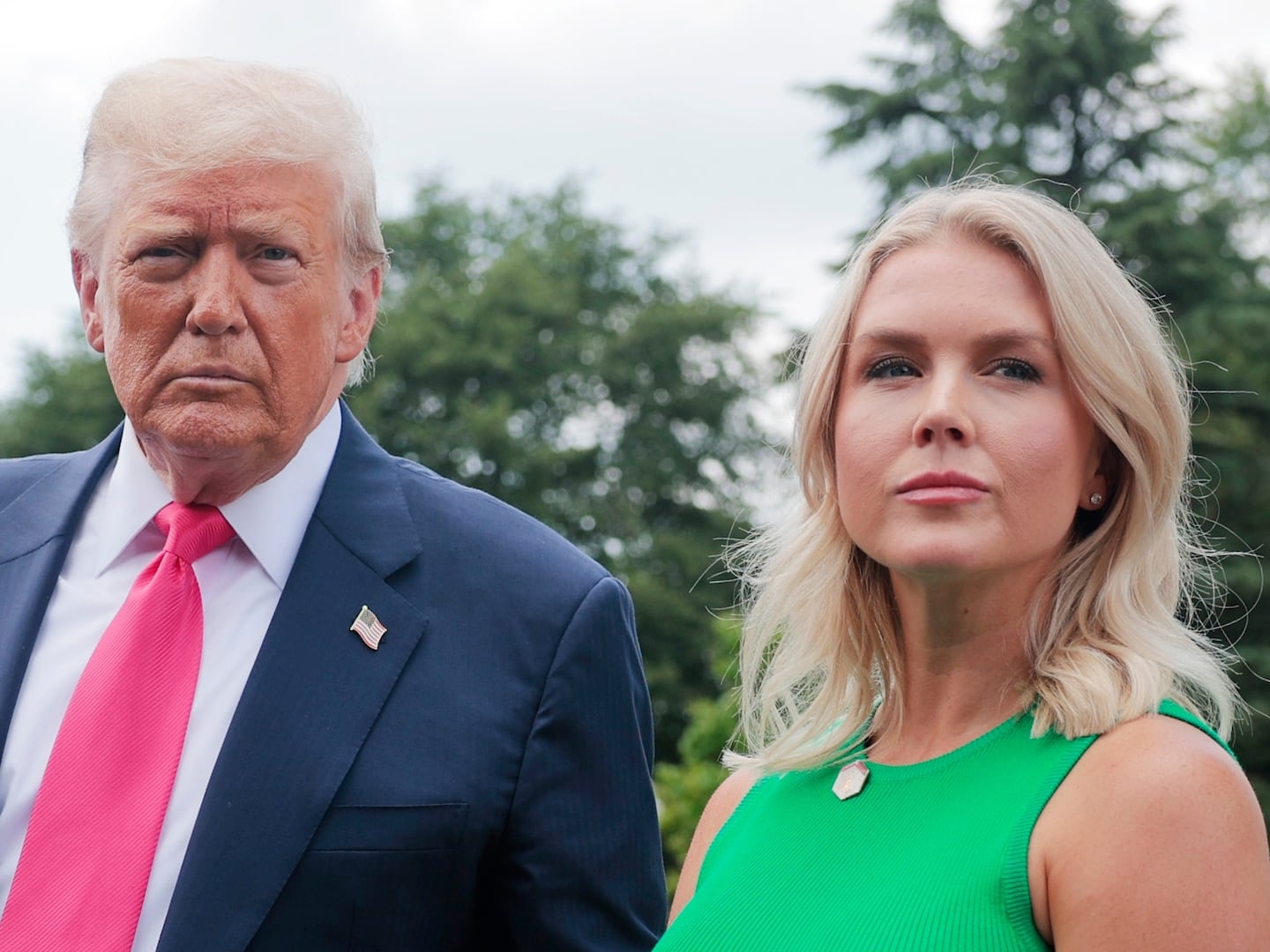Anthony Mackie has been talking a lot lately. About dreadlocks. About sandwiches. About racism and wives and lemonade and a lot of things that have gotten him into some trouble with a lot of his fans.
The backlash seemed to get under his skin a bit, but he hasn’t softened his stance on hot-button topics like racial profiling and the perception of black people. In the last few days, his comments on relationships have also gotten some scrutiny and criticism. I did get to speak with the actor last week, and in our talk, I realized that Mackie represents a mindset that is shared by quite a few folks I know. And, judging from our conversation, I don’t think they quite hear why it’s past time for that mindset to change.
“With 150 characters, everybody’s a thug and everybody has an opinion,” Mackie told me during that conversation. “When you blast off without thinking about what you’re saying, you do more detriment than you help. Have a conversation. Listen to what people are saying.”
Mackie is absolutely correct. We have to listen, but it seems that in his defensiveness, he’s turned a deaf ear to his own critics. And his perspective is indicative of a gap that has become more and more pronounced as the Black Lives Matter movement has gained visibility and the protests have become more frequent. There are a lot of black people who still believe that respectability is what will save black people from the machinations of racism.
Two weeks ago, acclaimed rapper Kendrick Lamar also revealed his own belief in the power of respectability. Of course, in the case of the “I (Love Myself)” rapper, he framed respectability as a lack black self-love. “But when we don't have respect for ourselves, how do we expect them to respect us?” Lamar told Billboard. “It starts from within. Don't start with just a rally, don't start from looting—it starts from within."
After extended periods of abuse, some experts have viewed low self-esteem and the tendency to blame oneself as part of the common pathology of abuse victims. With statements such as these, it becomes clear that black people—after centuries of abuse both in and at the hands of the Western world—have long subscribed to these beliefs because of the same sort of pathology. But this mindset doesn’t seem to grasp that respectability and “loving ourselves” has done little to counter the aggressive, militaristic and homicidal tactics of the police in black communities—which has been an ongoing issue since the early 20th century.
In the case of Mackie, he seems to subscribe to quite a few beliefs that have been passed down for generations—beyond just race and respectability. During a recent appearance on The Wendy Williams Show, the Black or White actor once again offered a highly-questionable bit of commentary—this time on gender roles.
“I do believe that if he wants a sandwich…” Williams begins—at which point Mackie interjects:
“You make Daddy a sandwich!”
“No! Let me ask you this,” he continues after some backlash from the audience. “If me and you are out, and somebody says something slick to you, you want me to smack him in his mouth, right? [What if] I take you on a date, and I say, ‘Look baby, we gonna go dutch?'”
When Williams says she wouldn’t be interested in going “dutch,” he continues, “Exactly! If we’re walking up to the car, and I don’t open your car door, what do you say?”
“Open the door,” answers Williams, and Mackie adds, “You better believe it! So you make Daddy a sandwich! If I’m outside cutting that grass, bring Daddy some lemonade!”
It’s clear that Anthony Mackie, via both his tendency to embrace the politics of respectability and the idea that traditional gender roles equate to what should be considered “normal” in a relationship, has tethered himself to the beliefs that are often passed down in American culture. But what we are working to dismantle is the notion that these ideas—how a black person wears their hair or how a woman chooses to cater to her husband and vice versa—define the individuals and institutions and bind them to certain preconceived notions.
If a woman wants to make her husband a sandwich, that’s her right. To believe that she’s required to do so by some unspoken credo is woefully antiquated and oppressive; as is the belief that no woman would ever want to split the check after dinner at a restaurant. And it is outright dangerous to believe that the onus is on black people to recognize that they are under the heightened scrutiny of racism and “act accordingly.” Black celebrities like Mackie and Kendrick Lamar should join the thousands of people taking to the streets, raising awareness and demanding that the white supremacist ideals that created that double standard be dismantled—for the good of all people.
“There is no way for white people to understand what black people go through,” Mackie told me. “They can empathize; but they can’t understand it. Just like there’s no way I can understand what it is to be a woman on a day-to-day basis, I can empathize, but I can’t understand it. At some point in time, we have to stop yelling, we have to not take ourselves so seriously and we have to listen; because if you don’t listen, you can’t solve the problem. And the problem is taking little black boys lives. We have to realize that those little black boys lives are more important than what we have to get off of our chest.”
Mackie has blasted TheGrio and those on Twitter who he feels are more concerned with attacking him than understanding his perspective. During our conversation, I understood his perspective. I listened to him thoroughly. But I disagree with him. And I hope that, as he continues to fight against those he feels “don’t get” what he’s trying to say, he actually listens to them.
Because he could learn something.





